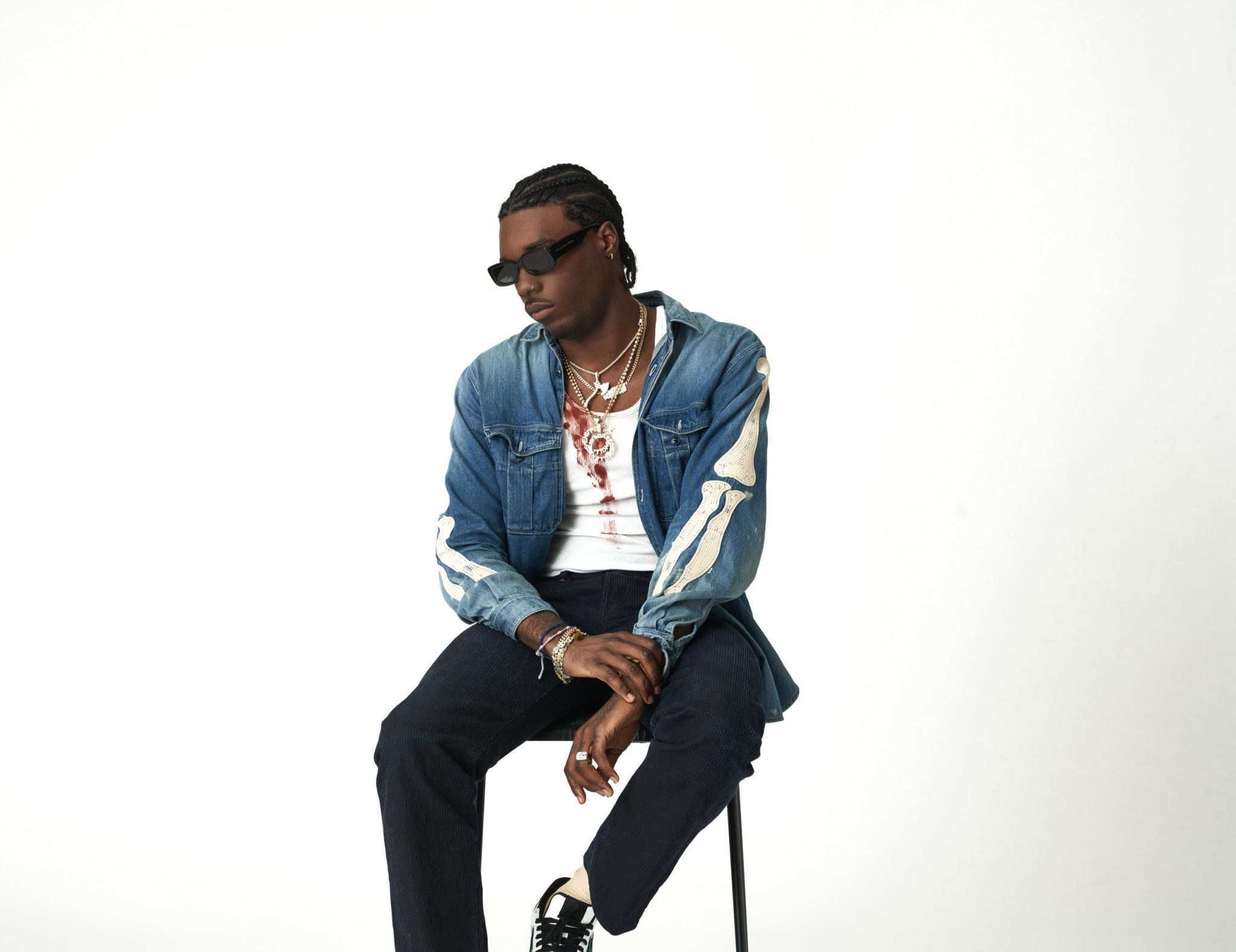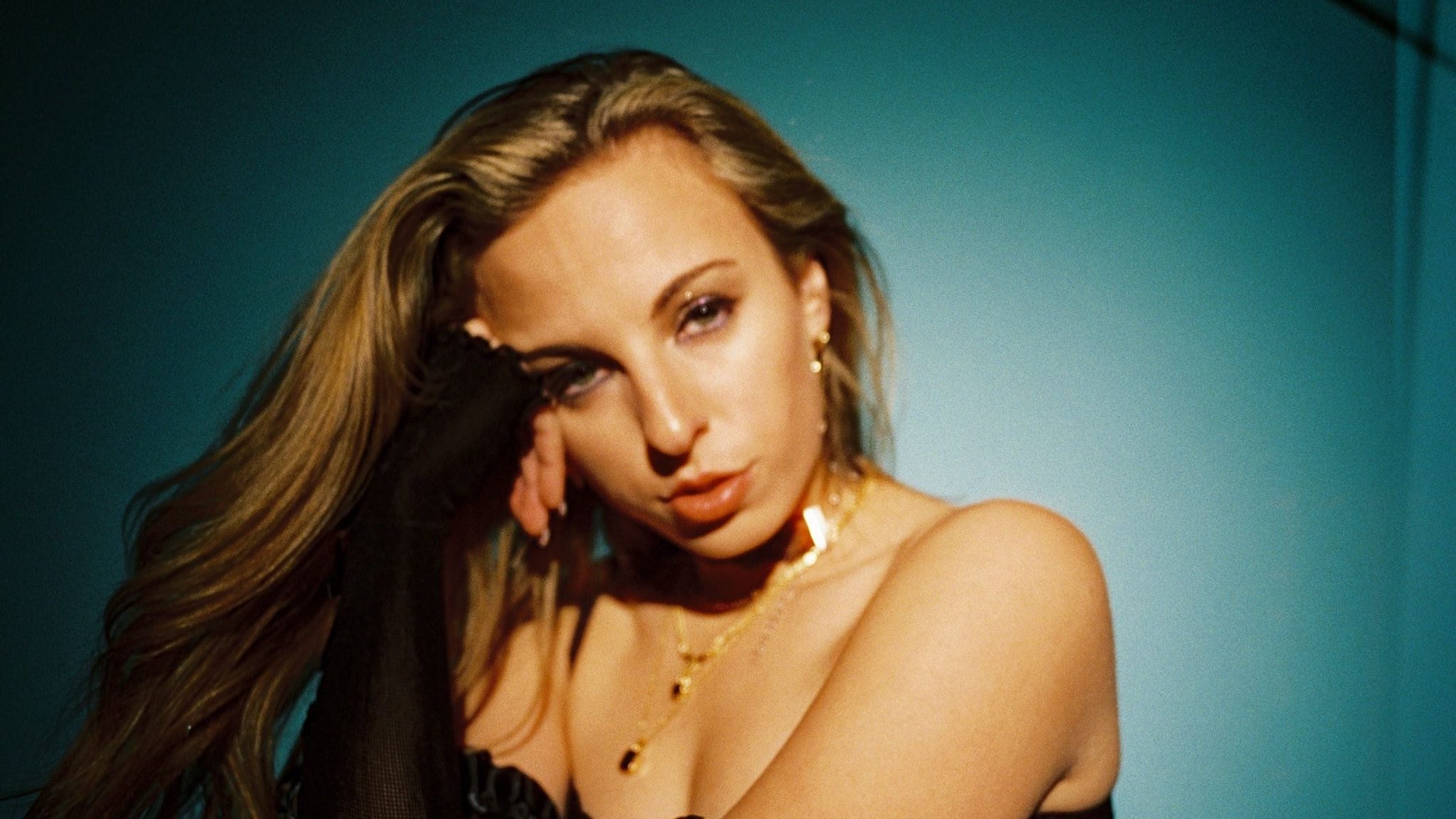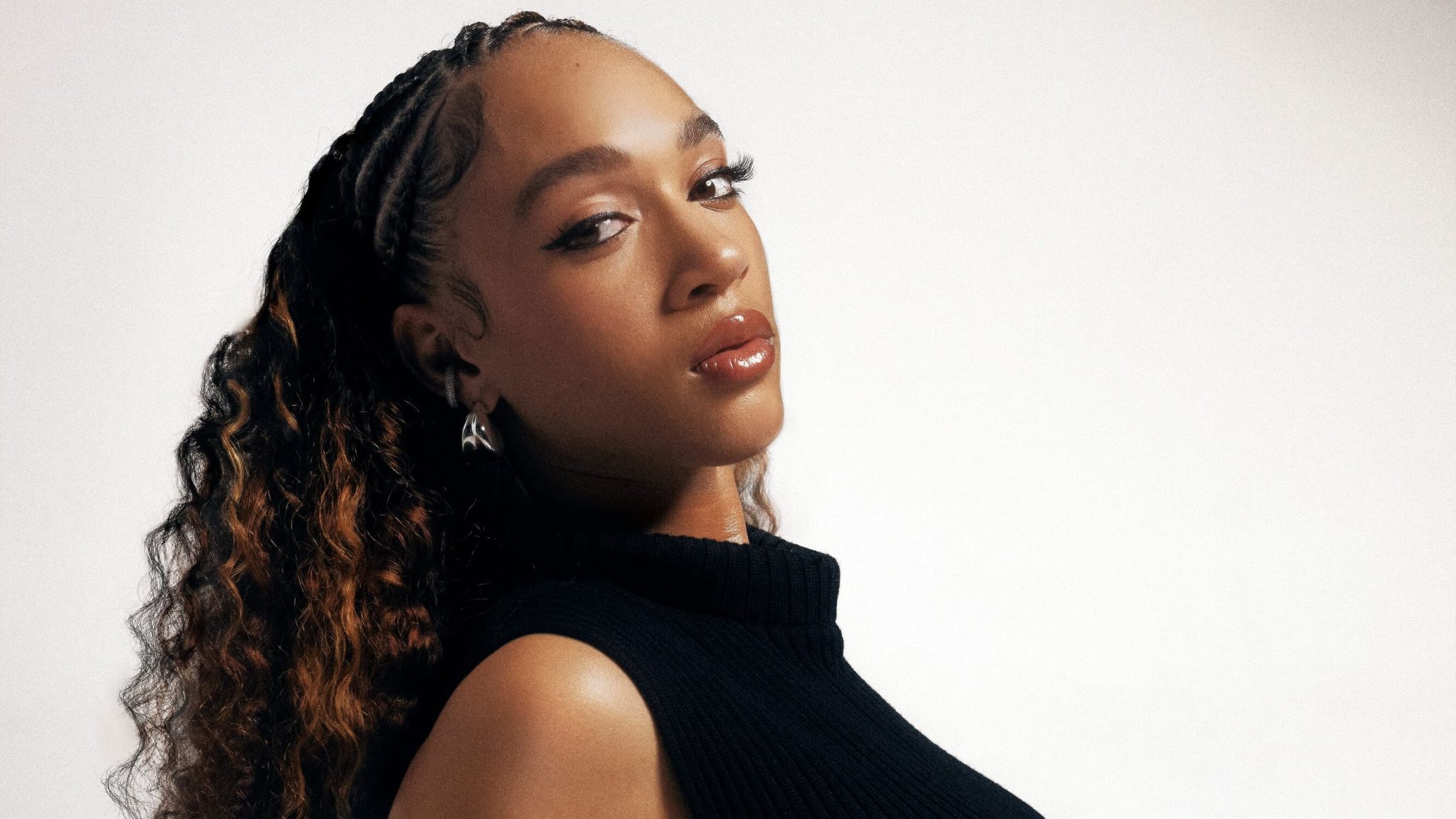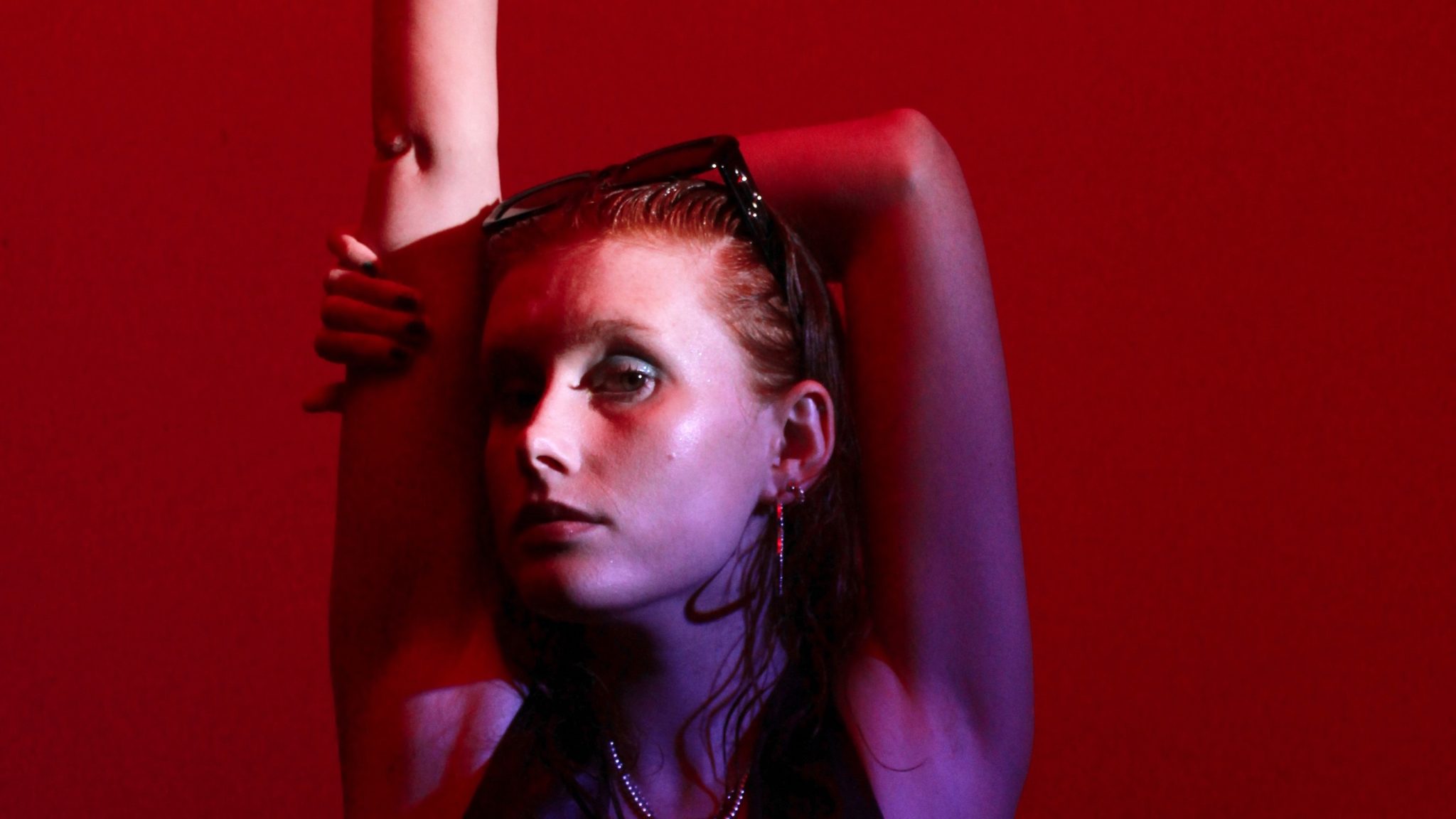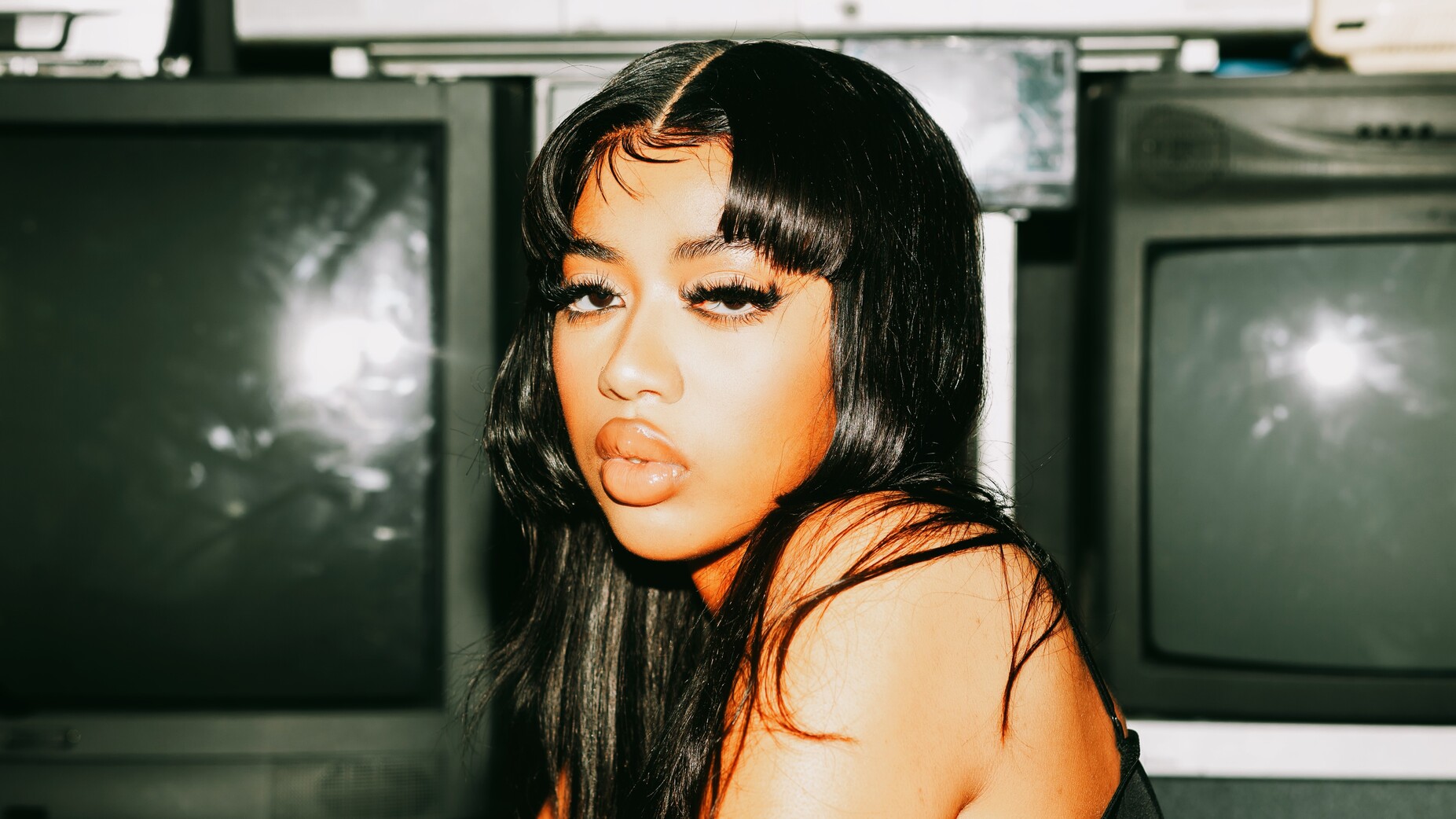Aurora Anthony is a jack of all trades—mastering his craft across music, modeling, designing clothes, and much more. Hailing from New York’s Lower East Side, he’s a creative that many will appreciate not only for his personality but the handful of projects that he’s played a part in.
I was made aware of the rapper in 2019 after he was hand-selected by trap staple Future for 1800 Tequila’s compilation, 1800 Seconds Vol. 2. Aurora Anthony made appearances alongside the likes of Lihtz, Shaun Sloan, and Seddy Hendrinx amongst others. The project undoubtedly made waves during its run and served as a perfect follow-up to Aurora’s previous works like 2018’s Crookworld. Fast forward to now, the New York-bred rapper has accomplished a lot and collaborated with a handful of brands like Nike, Jordan, Ray-Ban, and New Balance to name a few. Although he emphasizes that music will forever be his main passion.
With his debut album, TUNDE, Aurora Anthony looks to re-invent himself as an artist and introduce himself to the world as someone who hip-hop fans alike have come to love for the past few years. It consists of 10 songs, as well as an accompanying short film, with pre-releases such as “Cartier” and “Lil Wolfy.” The album boasts no features and the visual efforts are colorless; that’s because Aurora wanted his fans and newer audiences to recognize the music first. “I wanted it to be mostly you’re listening to the music and that’s what is making you fall in love,” Aurora Anthony states.
We spoke with Aurora Anthony in regards to the new album, his brand 100 Wolves, and much more! Read below.
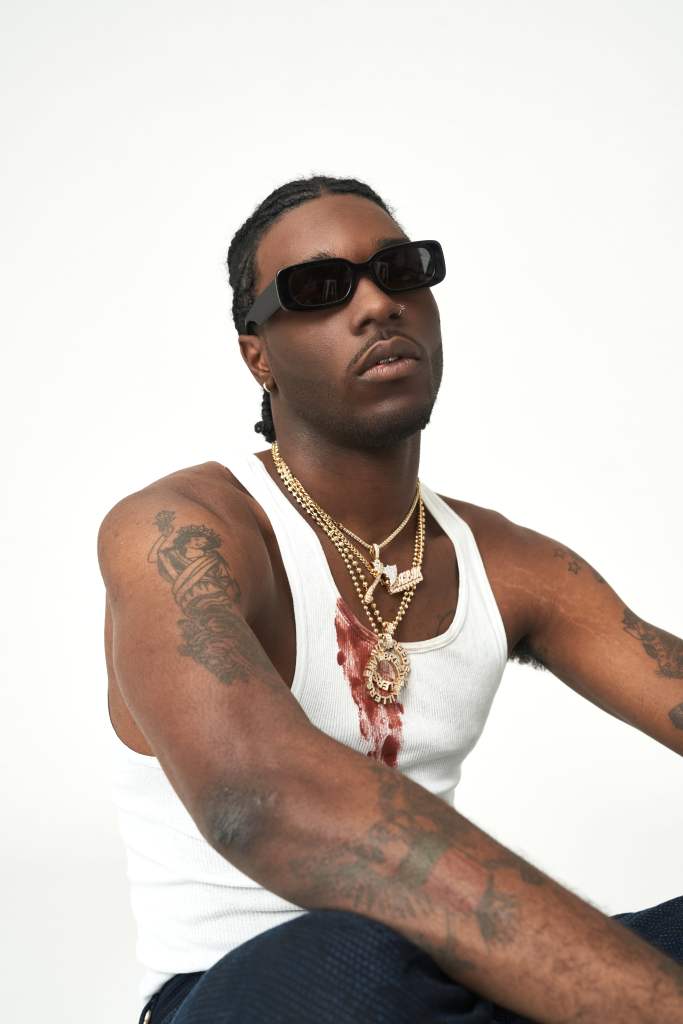
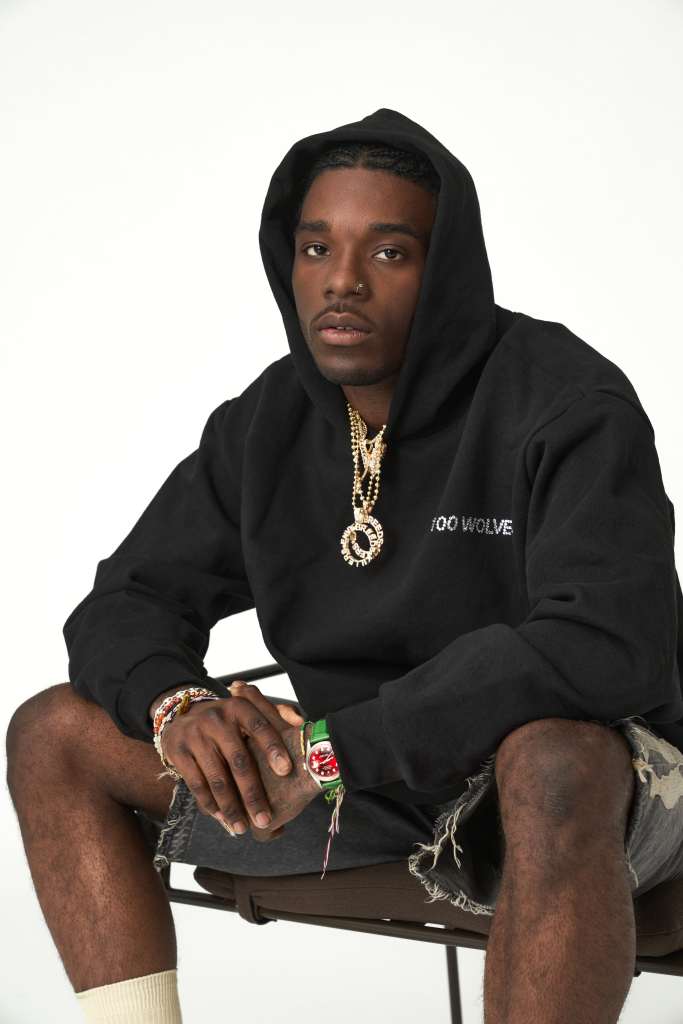
You’ve proved yourself time and time again that you can rap. With this project, how much did you record and how do you know a song is going to be a hit?
I spent maybe, well it took a year to initially to record it then I took another six months last year to fine-tune it. I added songs, took some off. Originally it was 14 songs, but I took four off because I felt like ten was just perfect.
Your album is an ode to your Nigerian heritage as well as your father—tell me a bit about how those things molded you into the man you are today.
I just wanted to name the album something meaningful. I feel like people just name albums for the sake of naming it. I felt like I never really introduced myself to the world so it’s like this is self-titled. This is my name, I’m Nigerian; you’ll get that. How do you introduce yourself to somebody? You tell them your name first. Basically, that’s why I named the album that because I felt like this is my introduction.
I feel like “Cartier” was a really good pre-release single, what made you choose that to come out first and how does it set the tone for the rest of the project?
I felt like it was the easiest one to connect with. It’s feel-good music, it’s not too aggressive into my style. It’s me but just a little easier to connect with people. “Lil Wolfy” is more of my type of style. I did black and white for the video because when the TV first came out, it was black and white. So for my introduction, I feel like there shouldn’t be color or bright lights that attract people. I wanted it to be mostly you’re listening to the music and that’s what is making you fall in love; the absence of color helps with that visually.
Another big thing for you is modeling for streetwear and shoe brands, is there anything about modeling that you enjoy more than music?
Nah, it’s fun! It’s dope I get to express myself in another medium but music is my main thing. It’s cool just to have multiple places to express creativity.
What you’re doing with 100 Wolves is really dope as well, what are your plans for the brand in the future?
Wolves have always been a part of my world when creating. So I decided to create something that felt more inclusive and that’s how the name came up. It’s my crew from Lower East Side and we were doing little things like throwing parties. I was like you know what, I’m going to turn it into a clothing brand. I love clothes so it just made sense.
How is your mental health now compared to when you were coming up in New York?
I feel like from when I was younger, the ways I was making money… Nothing has really changed except me now having a legitimate income. I feel like the stress of wanting to be this person, I don’t think it ever goes away. There’s always another goal after you reach one. I feel like those stresses never go away, but when you hang it all up, it all goes away. Ultimately, music is a job so as long as you’re in it, you’re going to have those stresses. That weight isn’t lifted until you’re done with it.
Back to TUNDE, what do you want people to take away from the project?
I did a short film and the main message is you can’t give up on yourself. You have to introduce yourself and be okay. People will watch you fight your battles, and just because they’re watching and not helping doesn’t mean you should stop. You gotta stay focus and move forward and that’s the main idea of TUNDE. Now that you’ve introduced yourself, what’s next?
If you enjoyed our chat with Aurora Anthony, check out our interview with IAMDDB!
Published by Malcolm Trapp




